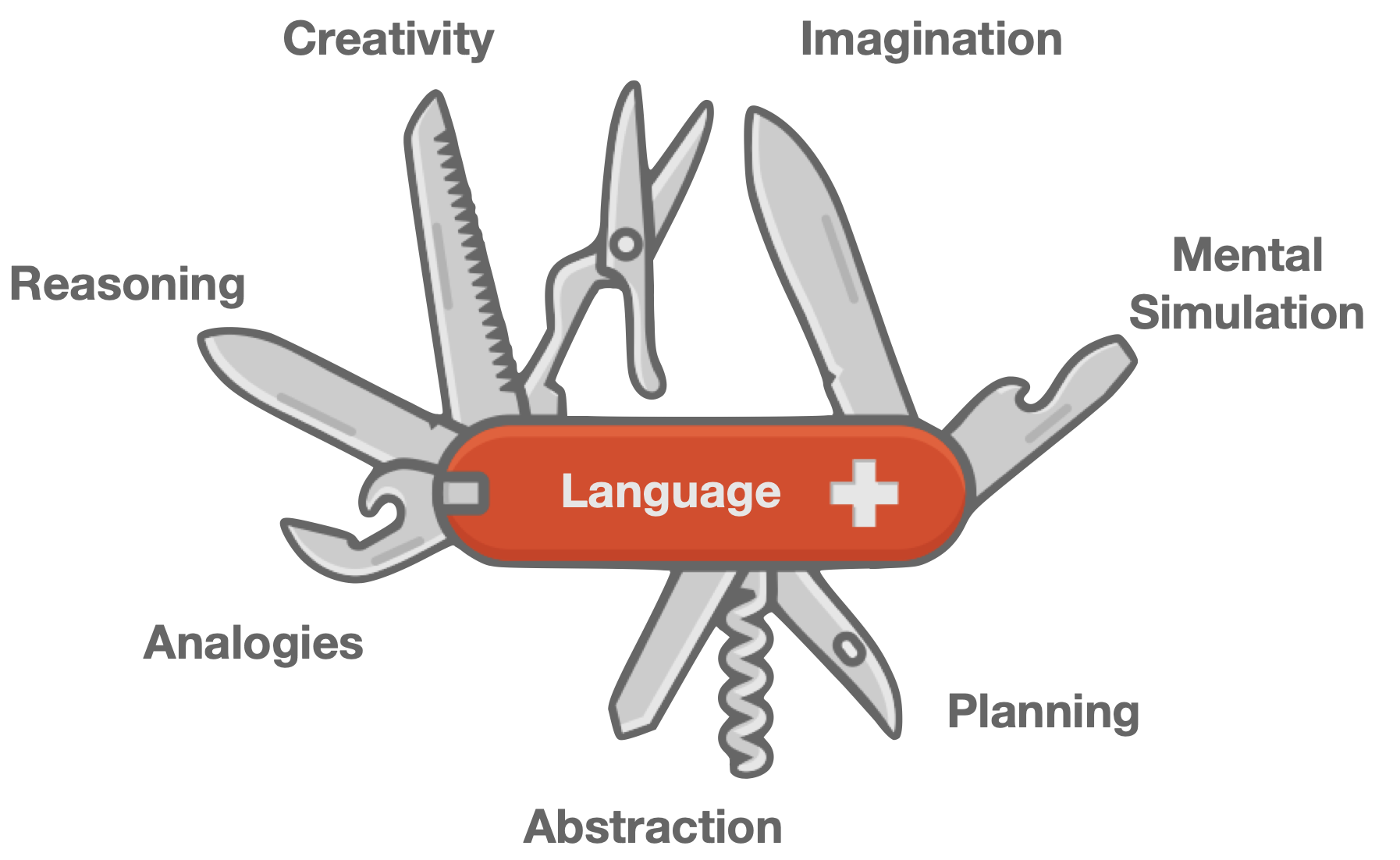Knowing various languages is cool, but it’s essential to understand how to apply and take advantage of this knowledge. Today’s neoliberalism nature of the world makes us focus on learning things that carry some added value. And when it comes to learning the language, this rule is the most apparent. For example, the rapid spike in learning Mandarin can be explained by the Asian region’s economic growth. Never before have investments been so potent in China, Singapore, and Taiwan, which attracted many people to begin their Asian journey by studying the language.
And clearly, it touches upon nearly any language. Many people studying Spanish, German, and English aspire to apply such languages at work, thus getting a higher salary and brighter career prospects. So without further ado, how do you learn the language in a way it brings you benefits? Below are the steps to help you do that.
Featured Image Source
Contents
What is language commodification?
At its core, commodification converts some social, human, or cultural aspects into a product to sell. We’ll not delve deeper into cultural and social elements, as their commodification is a slippery slope and can lead to appropriation if treated incorrectly. Instead, let’s shift the focus to a language. It’s all the same – language commodification is the act of applying a specific language and gaining resources (often financial) thanks to that. The language can be used as a medium, e.g., you are an interpreter and work in a particular field, or as a good per se – the most straightforward example is a language teacher.
Narrow down the learning process
Although every learning process focuses on commodification at least a little, it isn’t always practical or can be protracted in time. That is, assume you study English as an L2 at school. In that case, English becomes your commodity, but it’s so extended in time that the chances are the classes solely won’t empower you to make use of this skill. What can then? The first tip is to narrow down the language learning process.
In brief, you want to end up a sought-after expert in a specific field, be it marketing, business, or economics. And to achieve that, you need to whittle down your scope of learning, focusing on your interest area. Assuming it’s English, ensure you learn its basics to understand how it works.
Use effective techniques
Studying the language is a complex process that requires completing various steps to be successful. Psycholinguists pinpoint the necessity of scheduling the learning session so that the person’s brain sets itself for work and retains as much information as possible. Plan your learning and use spaced repetition; it will yield tremendous outcomes shortly. Whether on the go or at home, use flashcards to study new words, phrases, and structures. Use Vista’s toolbox to free convert visuals and use them on any device.
Keep an eye on natives and field’s heavy hitters
The manner natives speak may often go against what the grammar book writes, and you should remember that every time you cram information. English natives often talk differently, and by learning their speech and structure, you only enrich your vocab and grammar. Besides, look at the area’s old hands and how they operate. Being eclectic will help you develop a unique style and commoditize your language prowess.
Continue to research and track trends and changes
Whatever niche you aspire to work in will be in flux, so keeping your research ongoing and regular is a must. Try to observe how the area changes over time, what trends come and go, and what entrench deeply and influence the field.

Communicate with people and try your hand at serving an internship
Interacting with natives will let you polish your speech and learn something new. After all, talk is cheap, so why not benefit from it? In turn, serving an internship is a chest of gold for commodifying your language abilities, primarily if you practice in a niche that excites you. It’s a sterling investment that will give you a good head start over your future competitors.
Start selling your expertise
It is not uncommon for people learning the language to wonder whether they are ready to enter the field. If you ponder it too, you have enough knowledge to kick off. Begin converting your language skills into value, tracking how it goes, what you are good at, and what needs perfecting.
Get enough experience and expand your competence
Once you gain enough experience and feel more confident in the niche, it may indicate that you’re ready to move forward and explore new areas. Don’t rush to enter the field, though. You must first repeat the same learning process and get theoretical knowledge. You already know the drill.
Also, don’t forget about productivity; try to automate your work and use practical tools wherever possible. If you generate texts, picking up some deep learning skills and knowing how to use GPT-3 will come in handy.

Keep up the process
Commodification is present in various aspects of our lives we often don’t pay attention to. When commoditizing your language skills, remember that it is a never-ending work. The more you master your abilities, the more in-demand specialist you will become. Even when you think you know enough to stop developing, look at other professionals; we’re sure what you’ll see will fuel your enthusiasm to keep advancing.
